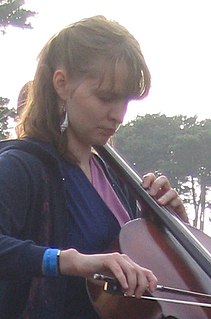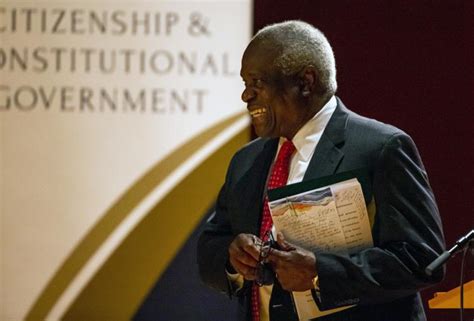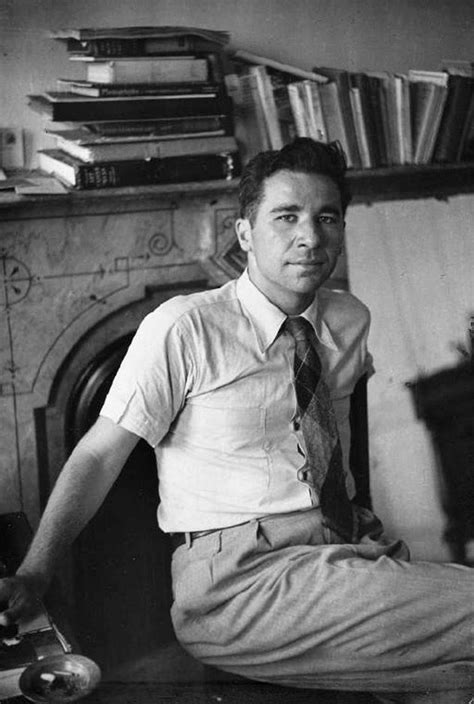A Quote by Italo Calvino
Of course, I'm of the generation that grew up with Hemingway and Faulkner as strong influences.
Quote Topics
Related Quotes
Do you think that Hemingway knew he was a writer at twenty years old? No, he did not. Or Fitzgerald, or Wolfe. This is a difficult concept to grasp. Hemingway didn't know he was Ernest Hemingway when he was a young man. Faulkner didn't know he was William Faulkner. But they had to take the first step. They had to call themselves writers. That is the first revolutionary act a writer has to make. It takes courage. But it's necessary
The similarity is that concentration of capital influences virtually everything that goes on. It influences the way the media functions, it very powerfully influences how the government works and it of course influences corporate sector elements, like say how Google or Amazon present materials that reach the public.

































